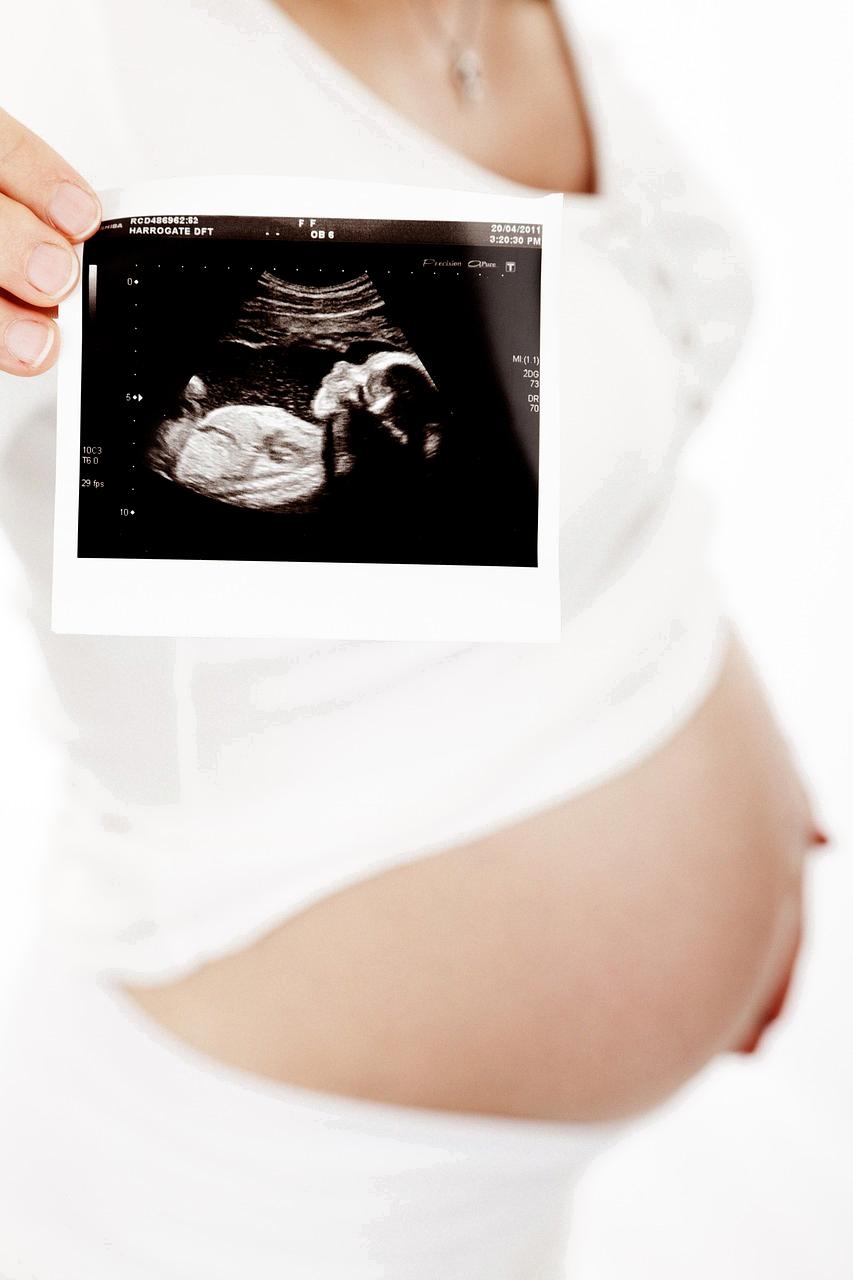When it comes to determining whether Plan B is sufficient in preventing pregnancy, several factors need to be taken into consideration.
Firstly, it is essential to understand how emergency contraceptive pills like Plan B work. These pills, containing levonorgestrel, primarily function by preventing or delaying ovulation. By doing so, they aim to reduce the chances of fertilization occurring.
While Plan B can be effective in lowering the risk of pregnancy if taken within 72 hours of unprotected intercourse, its efficacy decreases as time passes. It is most effective when taken as soon as possible after sex.
However, it is crucial to note that Plan B is not 100% effective in preventing pregnancy. Despite its high success rate when taken promptly, there is still a possibility of pregnancy even after using the pill.
Factors such as the timing of ovulation, the regularity of the menstrual cycle, and individual variations in hormone levels can influence the effectiveness of emergency contraceptive pills.
Additionally, Plan B does not protect against sexually transmitted infections (STIs). It is not a replacement for regular contraceptive methods such as condoms, birth control pills, or intrauterine devices, which provide ongoing protection against both pregnancy and STIs.
It is also essential to consider the side effects of Plan B. While generally well-tolerated, some individuals may experience nausea, vomiting, fatigue, or changes in menstrual bleeding patterns after taking the pill.
Moreover, repeated or frequent use of emergency contraception like Plan B is not recommended. It is intended for emergency situations and should not be relied upon as a regular form of birth control.
For individuals seeking a more reliable method of contraception, consulting with a healthcare provider to explore long-term contraceptive options is advisable. This can help ensure consistent and effective protection against unintended pregnancies.
Ultimately, while Plan B can be a valuable option in cases of emergency contraception, it should not be considered foolproof. Its effectiveness is influenced by various factors, and it is best used as a backup rather than a primary method of preventing pregnancy.
Understanding the limitations and considerations surrounding emergency contraceptive pills like Plan B is crucial in making informed decisions about reproductive health and contraception.

